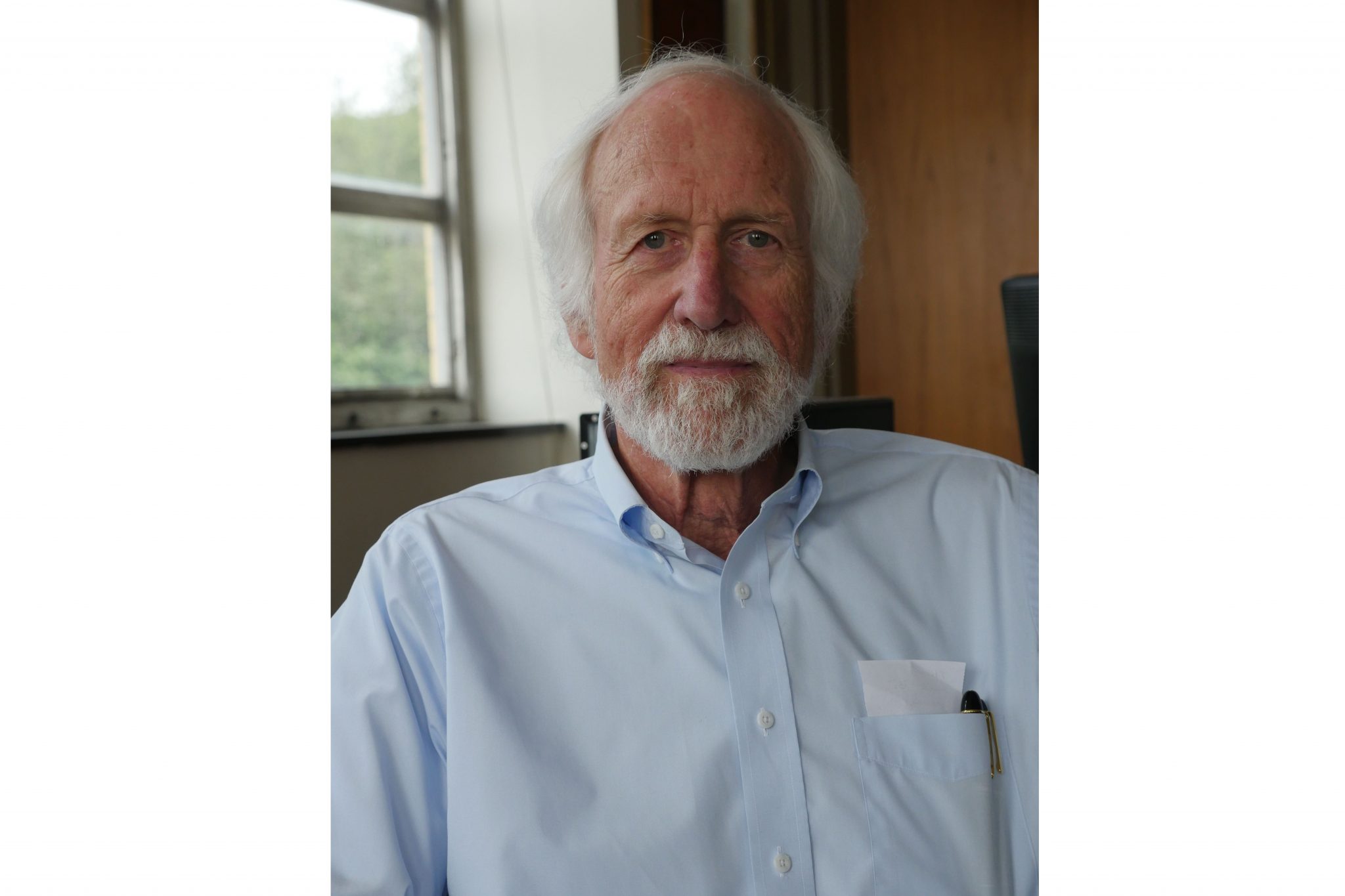By Aaron Levin
Illnesses of the mind are as severe and debilitating as those that impact the rest of the body. Disturbances in thought, behavior and emotion mark schizophrenia as one of the most complex, challenging, and mysterious forms of mental illness.
Thankfully, it is also rare, appearing in less than 1 percent of people around the world.
“Schizophrenia is a clinical syndrome, a cluster of disease processes that can vary from person to person,” said Dr. William T. Carpenter Jr., a University of Maryland psychiatry professor and former director of the Maryland Psychiatric Research Institute in Catonsville, and editor of the journal Schizophrenia Bulletin.
The disorder usually arises during the late teens or early 20s for men, slightly later for women. No blood test or brain scan is specific for the illness.
“A patient becomes a patient if their symptoms cause disability and distress,” said Dr. Carpenter. “That’s the difference between Joan of Arc and someone with schizophrenia — she didn’t have a disability, even though she heard voices.“
The biological processes underlying schizophrenia are still largely unknown. Genetics plays a part in its origins but there is no single “schizophrenia gene.”
Scientists at the Johns Hopkins School of Medicine’s Schizophrenia Center have been studying the genetics of schizophrenia among Ashkenazim, or Jews of Eastern European descent, said Dr. Fernando Goes, an associate professor of psychiatry and behavioral sciences at the JHU School of Medicine.
Modern Ashkenazim are descended from a very small group of ancestors and have remained largely genetically distinct for centuries. Understanding their genetic history may someday benefit all schizophrenia patients by revealing targets for new drugs.
Treatment of schizophrenia calls for using a combination of medications, psychotherapy and social skills training. Starting care soon after the first psychotic episode is critical, said Dr. Edward Zuzarte, service chief of the Psychotic Disorders Unit at Sheppard Pratt Health System.
The longer the duration of untreated psychosis, the more difficult it is to treat the illness and the worse the response,” said Dr. Zuzarte. “On the other hand, the earlier the patient is identified, the sooner they are able to get professional help, and the better the chances are that they will respond to treatment.”
About 20 anti-psychotic medications are available to treat psychosis. The trick is finding out which one works for a given patient and with the fewest side effects, said Dr. Russell Margolis, clinical director of the Johns Hopkins Schizophrenia Center. One problem with anti-psychotics is that they are all descended from a drug discovered by accident in the 1950s. Perhaps a better understanding of the disease itself coupled with advances in genetics will lead to new drug discoveries, said Dr. Margolis.
“We can do better with the tools we have but we need better tools,” he said.
Johns Hopkins is one of an increasing number of sites using the Coordinated Specialty Care model that links the prescribing psychiatrist with other clinicians, said Krista Baker, program supervisor for Outpatient Schizophrenia Services at Johns Hopkins Bayview Medical Center. Severe cases may require initial hospitalization to assess and stabilize the patient.
As the psychiatrist manages drug treatment, a psychologist or social worker provides weekly cognitive behavioral therapy, educating patients about their symptoms and identifying and overcoming barriers to life goals. Social workers help patients structure their lives and help with education or employment.
Peer support specialists — people diagnosed with mental illness who have successfully graduated from the program — provide insights from their own experience and help the patient both in the clinic and in the community.
Therapists also meet with the families of patients to help them understand the disorder and involve them in the care of their loved one.
Often, deterioration in a patient’s condition comes less from pathology than from problems interacting with the rest of the world. Shame and embarrassment about mental illness within the Jewish community are no different than among the general population, said Dr. Ruth Klein, director of Behavioral Health Services and Compliance, at Jewish Community Services of Baltimore. “There is still a tendency to blame the environment or the parents, who may also feel guilt about passing along the condition,” she said.
JCS provides evaluation, diagnostic and treatment options, said Dr. Klein. This includes services by social workers, professional counselors, psychologists and psychiatrists.
The JCS Psychiatric Rehabilitation Program helps people with chronic mental illness with social living skills, as well as improved functioning at home and in the community. They also offer a supported employment program that helps people with mental illnesses integrate step-by-step into the workplace.
The local outpost of another organization, Relief, also offers confidential support and referral to a roster of therapists, said its Baltimore director, Rabbi Yisrael Slansky, who hold a master’s degree in counseling.
“Coping with psychological distress can be hard but people should never underestimate the power of help,” he said.
For information, contact:
Relief
Rabbi Yisrael Slansky
410-448-8356
Jewish Community Services of Baltimore
5707 Park Heights Ave.
Baltimore, Md., 21215
410-466-9200
Aaron Levin is a Baltimore-based freelance writer and photographer.





